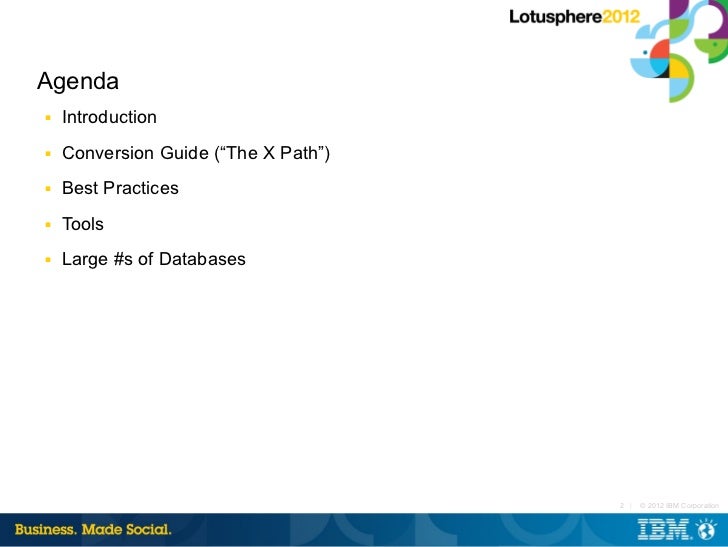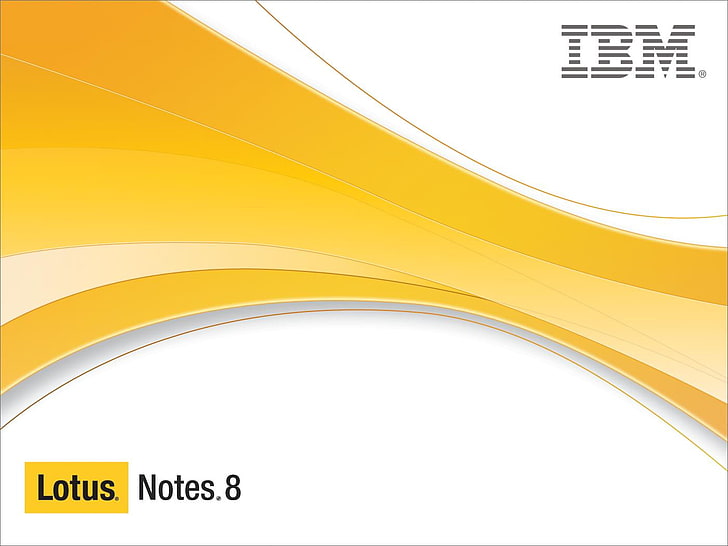

The deal, which is subject to regulatory approval processes, is expected to close in the middle of next year.A lot has happened in the community recently, all starting with a fork of the project last year.Īfter Oracle’s acquisition of Sun Microsystems, and with it, community members of the project decided to form an independent foundation, The Document Foundation, which would oversee the further development of the project. The Red Hat acquisition in October, in particular, shows that the company wants to embrace private and hybrid cloud deployments, and older software like Lotus Notes and Domino don’t really play a role in that world. This move makes sense for IBM, which is moving in a different direction as it develops its cloud business. “It appears that IBM is done with collaboration, out of the game,” he said.

He added that IBM appears to be completely exiting the collaboration space with this sale. While this software may feel long in the tooth, Notes and Domino are still in use in many corners of the enterprise, and this is especially true in EMEA (Europe, Middle East and Africa) and AP (Asia Pacific), Lepofsky said. They are investing heavily, trying to rejuvenate the brand,” Lepofsky told TechCrunch.


“HCL is far more interested in Notes/Domino than IBM has been for a decade. “The large-scale deployments of these products provide us with a great opportunity to reach and serve thousands of global enterprises across a wide range of industries and markets,” C Vijayakumar, president and CEO at HCL Technologies, said in a statement announcing the deal.Īlan Lepofsky, an analyst at Constellation Research who keeps close watch on the enterprise collaboration space, says the sale could represent a fresh start for software that IBM hasn’t really been paying close attention to for some time. As for HCL, it sees an opportunity to continue to build the Notes/Domino business, and it’s seizing it with this purchase.


 0 kommentar(er)
0 kommentar(er)
